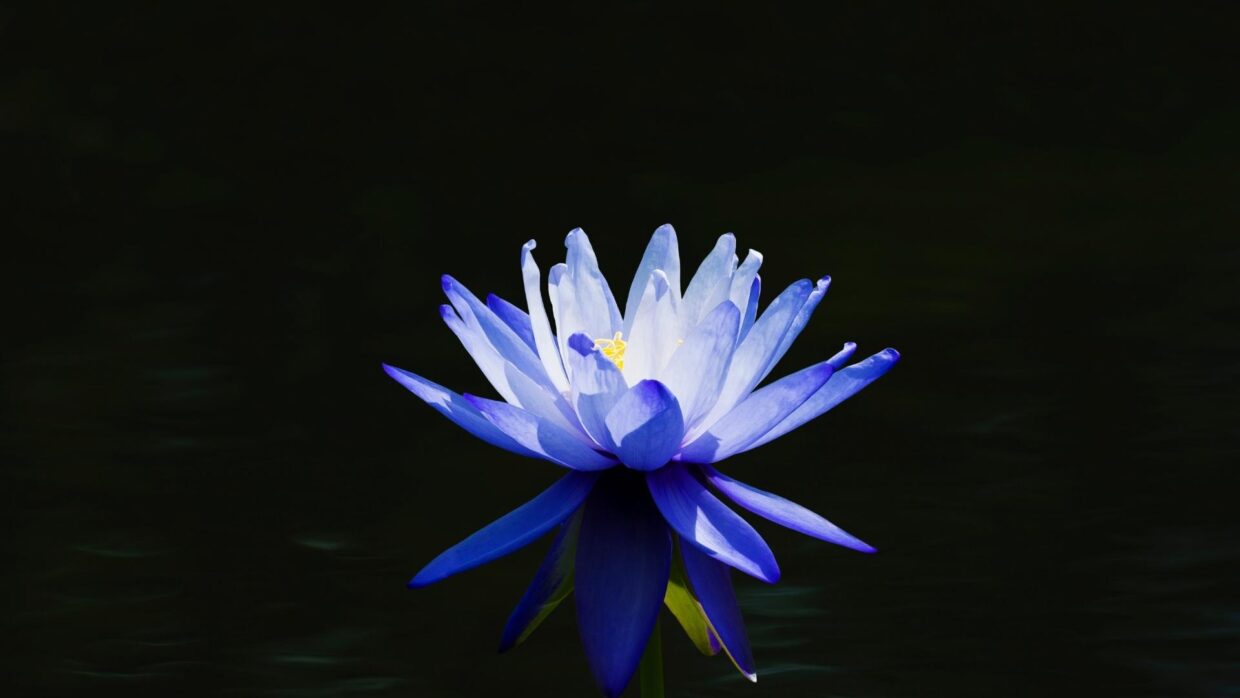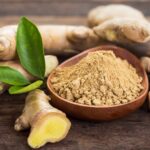Thousands of people are using kratom as a part of their daily wellness routine. Due to its numerous unique benefits, it is immensely popular all around the US.
However, people still look out for alternatives due to tolerance break, regional legality, and a desire to try a different product. Some also have curiosity about other botanicals. The world of plant-based supplements is diverse and offers different compelling options.
In this article, we will explore top kratom alternatives, their origins, potential uses, and specific reasons why you should consider adding them to your healthy lifestyle.
A Closer Look at Prominent Kratom Alternatives
Several botanicals have gained attention for their unique benefits and potential to support mood, relaxation, and overall well-being. There are a few factors that you must consider before taking any botanical alternative to kratom
- Weight of your body
- Tolerance to drugs
- Medical condition and history
- Required outcome
Note: Please check the legality of any plant in your region before consuming.
1. Blue Lotus (Nymphaea caerulea)
Blue lotus was used in Egyptian and Mayan cultures mainly for its ceremonial and relaxing properties. This water lily is native to the Nile and parts of Asia. The flowers of Blue lotus are typically dried and used to make tea, tinctures, or smoked.
Blue lotus is known for achieving a calm state of mind, relaxation, and mild euphoria. It is also used to alleviate occasional stress. People also consume Blue Lotus for a restful night’s sleep. Blue lotus is milder than kratom, and it is best as a gentle relaxant rather than a direct substitute.
2. Cannabidiol (CBD)
Cannabidiol is derived from the hemp plant, popular for its range of wellness applications without the psychotic effects associated with THC. It is one of over a hundred cannabinoids found in the cannabis plant; the legal hemp-derived CBD contains less than 0.3% THC.
It is mainly used for calming the nervous system, subsequently managing stress and anxiety. It is also used to support a healthy inflammatory response and comfort after physical activity, such as a workout. It mainly works by interacting with the body’s endocannabinoid system (ECS), which has a totally different pathway than kratom. The effects of cannabinoids are more subtle.
3. Ashwagandha (Withania somnifera)

Ashwagandha, also known as Withania Somnifera, is an ancient medicinal herb primarily used in Ayurvedic practices. For centuries, people have used it to help the body manage stress and promote well-being. This herb is classified as an adaptogen.
Ashwagandha helps lower your cortisol levels, ultimately reducing anxiety and promoting relaxation in the body. It also enhances your physical performance and reduces fatigue after a long workday.
This herb also supports memory, focus, and mental clarity. It has numerous cognitive benefits. It is known for improving sleep quality for people dealing with insomnia and other sleep disorders.
Ashwagandha is legal and sold all across the world. It is widely available in the form of supplements and powders.
4. Kava (Piper methysticum)
Kava is derived from the kava plant’s roots (Piper Methysticum), which belong to the pepper family. It looks like a tree, but it is a plant that has just gotten its shape. The roots of kava are typically found in Indonesia and Fiji.
People of these countries often use them to make juices and teas. You may find kava root mixed with coconut or plain water in some restaurants to create a trendy drink. In olden times, kava was also used in ceremonial rituals in Polynesian culture due to its euphoric and stress-relieving effects.
Consuming kava is easy; you can dry out the roots, grind them up, and mix them with some water. There are also pre-made kava tea bags available. You can also grab some powder and make your kava tea at home. It is also available in pill form in the supplement section of pharmacies and drug stores.
Choosing and Using Alternatives Responsibly
Kratom is used for pain relief, energy, and relaxation all around the world. It has countless benefits to help people deal with sleep disturbances and body aches. However, people still look for a kratom alternative due to various reasons such as personal preferences, tolerance break, and legal restrictions in their area.
In the botanical family, kratom has some excellent alternatives that provide similar effects if you need pain support or natural energy. While choosing kratom alternatives, research extensively, which means understanding the traditional use, legal status, and modern research behind any new botanical.
Always buy from reputable vendors and make sure to check third-party lab testing for purity and potency. Must start with a low dose to assess your body’s response. Consult a healthcare professional if you have any health conditions or take other medications to avoid potential interactions.
More Readings For You:










